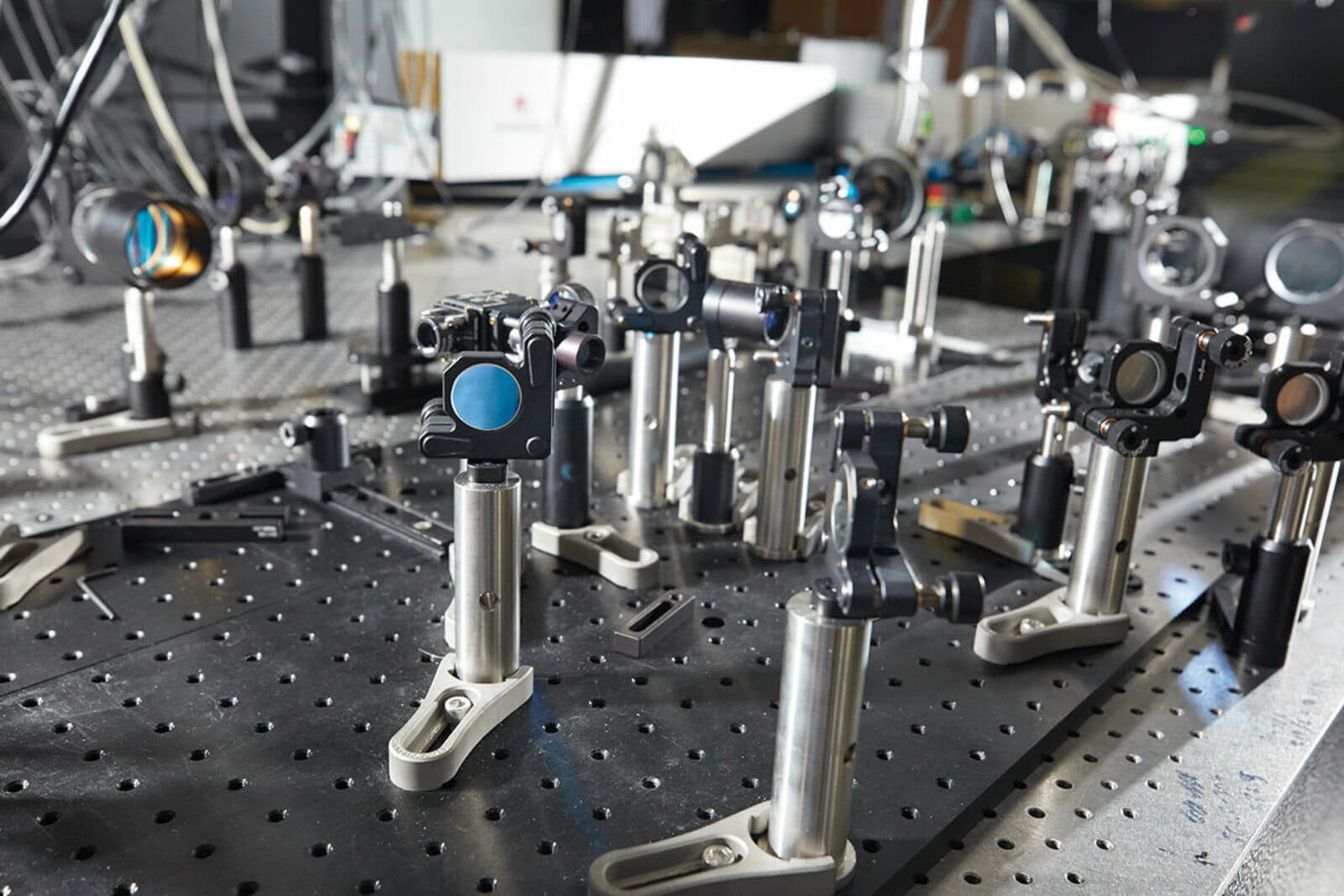New Ways to Observe the Brain
Alipasha Vaziri and Mary E. Hatten create spaces for neuroscience to flourish in the Kavli Neural Systems Institute

At the Rockefeller University in New York, the Kavli Neural Systems Institute brings together a diverse group of scientists as they investigate the complexity of the brain. Established in 2015, the institute has new leadership in Alipasha Vaziri as director and Mary E. Hatten as associate director.
In his lab, Vaziri develops and applies new optical imaging techniques to create functional maps of neural circuits. As director of the Kavli NSI, he is currently focused on the implementation of the new Rockefeller Brain Observatory, created with support from the institute. The RBO, as it’s known, will provide rare access to commercially unavailable imaging tools: initially, cutting-edge microscopy techniques and optimized three-photon imaging. As technologies mature and become otherwise attainable, they could be moved to other facilities or discontinued, making room to continually incorporate the latest advanced technologies in neural imaging.
“I am very excited for the observatory to become operational and for people to start using it,” said Vaziri, “including the opportunity of opening it up to other Kavli Institutes.”
“The observatory is a real breakthrough for the university,” said Hatten. “We have a great imaging core, but we don't have anything like the observatory available, so I think it’s going to open major horizons for a whole variety of labs that wouldn't otherwise have that opportunity.”
Hatten, who investigates mechanisms of neuronal differentiation and migration during embryonic development, has been a senior advisor since the institute’s beginnings. Now as associate director, she’s enjoying being more closely involved as projects like the RBO come to fruition.
“I think the new observatory core system that we're putting in – totally developed by Alipasha – is very exciting,” said Hatten, “and the other thing I'm interested in is mentoring our trainees and students.”
Mentorship and community are core aspects of the Kavli Institute at Rockefeller, where graduate and postdoctoral fellows serve on the steering committee, and frequent fellow-run symposia bring people together. Amidst the ongoing post-COVID landscape, trainees are more eager than ever to connect and network within the institute, university, and surrounding city.
“We are investing some of our Kavli funding into community-building efforts,” said Vaziri, who explains that the institute, housed in a university like Rockefeller that isn’t departmentalized, is a unifying force and provides a platform to create connections and facilitate collaborations.
“One of the things underlying the philosophy of our institute,” said Vaziri, “is that we can use our funding flexibility made possible by The Kavli Foundation to catalyze initiatives that would otherwise be difficult to do.”